Book Review: The Godel Operation by James Cambias
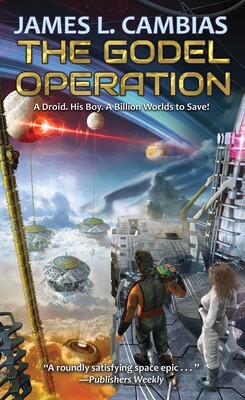
It’s a style of science fiction that may feel rather retro.² However, stylistically, the writing from Cambias does make The Godel Operation a throwback and calling back to relatively breezy and fun science fiction novels.
Book Review: COLD ETERNITY by S.A. Barnes
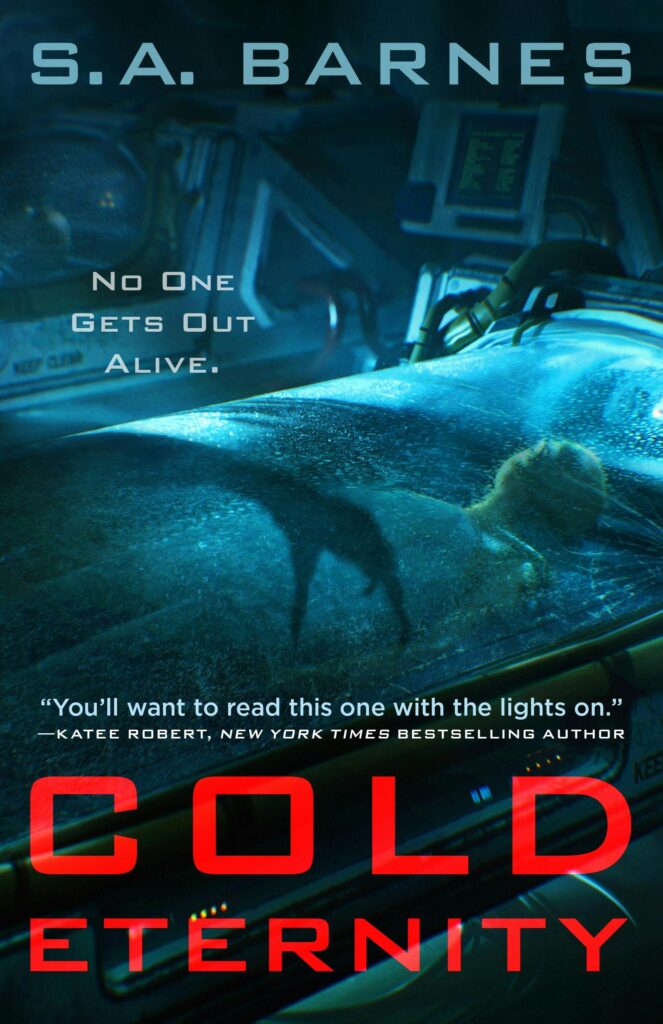
Following up on Dead Silence and Ghost Station, S.A. Barnes continues to solidify herself with Cold Eternity as a leading voice in SF Horror, particular within the theme of isolation in space.
Book Review: ARDENT VIOLET AND THE INFINITE EYE by Alex White
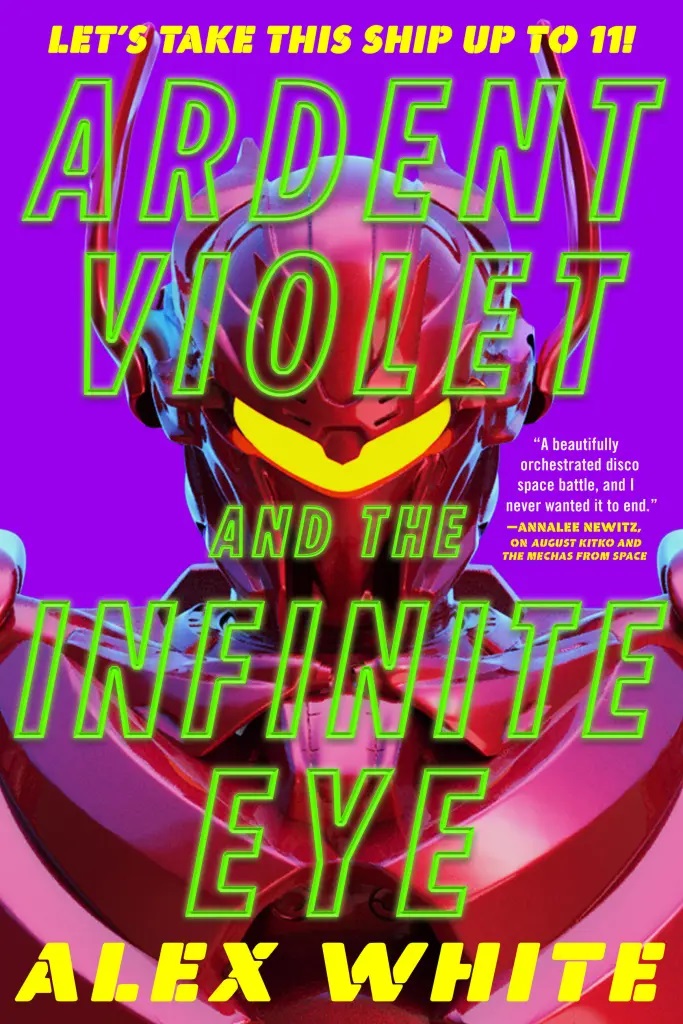
Ardent Violet and the Infinite Eye exceeds expectations from the first novel because White so effectively maintains the tight plotting (with nice twists) and pacing while expanding a lot of the world building and filling in a lot of uncertainties from August Kitko and the Mechas from Space, particularly concerning the nature of the rogue AI Infinite and its Vanguard creations.
S1m0ne, or another predictive movie about AI
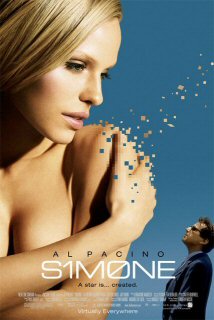
Niccol’s films, almost universally, are obsessed with the idea of artificial realities. This can be a mundane sort of affair … Or it can be something like S1m0ne, where an actress and her whole career and presence, are digital creations. It is notable that Niccol is a cautionary tale sort of director. In each of these, the artificial realities break or are broken, showing the cogs and the gears of what is behind them.
Book Review: Aurora by Kim Stanley Robinson
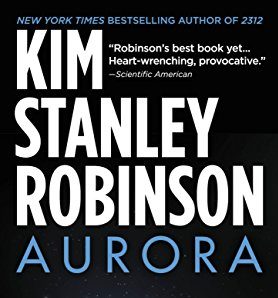
In Aurora, Kim Stanley Robinson writes what aspires to be the definitive colonization-by-generation-starship novel, with an emphasis and focus on the implausibility and folly of such a scheme. (Note:This review atypically spoils a lot of the book as it is a virulent reaction to a lot of the elements in the book I could not otherwise discuss.)
Book Review: All Systems Red: The Murderbot Diaries by Martha Wells
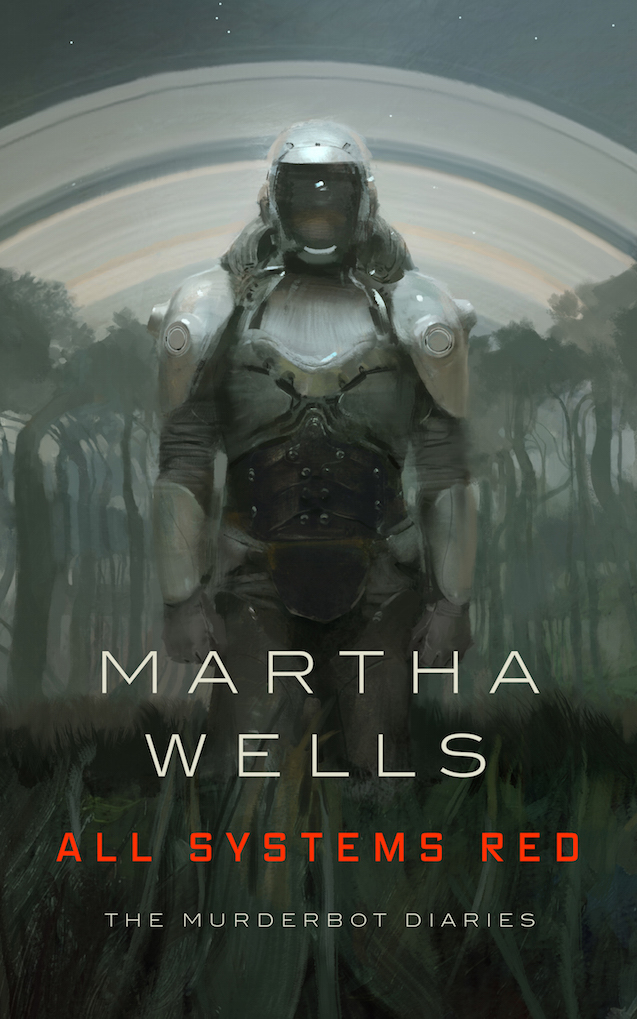
A SecUnit assigned to the exploratory group PreservationAux has a problem. Two in fact. As an android, it’s supposed to serve the small exploratory mission to which it has been assigned. The SecUnit’s entire function is to support the exploratory mission’s investigation of a local planetary environment that it has placed a bid on to look at. Androids like SecUnit are a safety precaution from the Company because, well, alien planets can be rather hostile. And of course, they are handy recording devices, too, for the Company that is. A mandatory helper and a spy for anyone looking to explore the wild frontier in space. Given that planets are not monolithic single-biome worlds, having multiple teams from competing groups spread out across a newly found world is a pretty regular thing. Who knows what you will find over in the next valley, down the river a bit, from another team. One team can’t find everything on a planet. So when a neighboring team to SecUnit’s goes dark, that’s a bad sign for its team, a major concern. What disaster befell them? Environmental? Natural? Something else? Given the proximity, is it a threat to PreservationAux, and to SecUnit itself?

